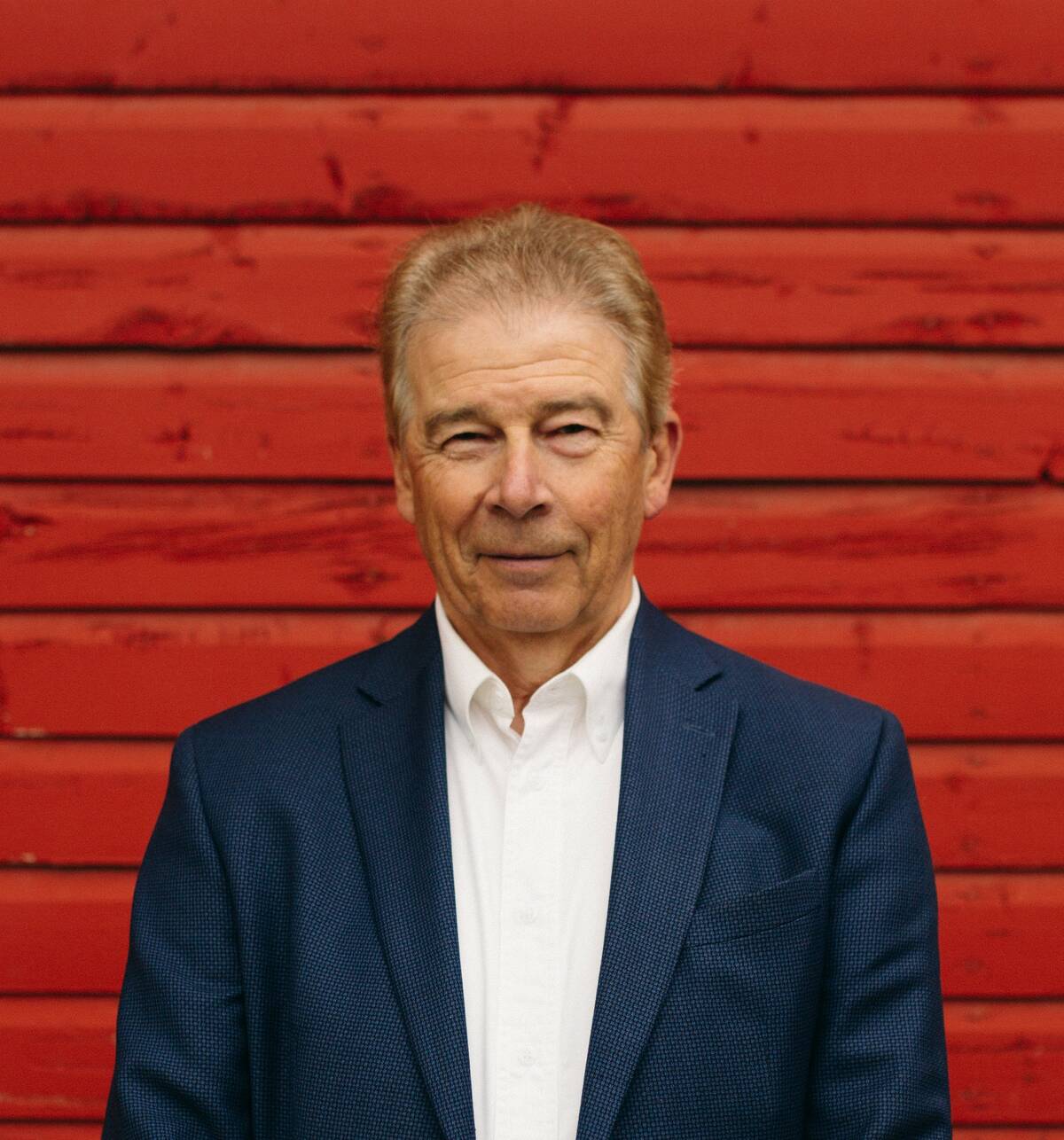Company ‘absolutely committed’ | The new owner says safety procedures are in place and the plant is running at capacity
MOOSE JAW, Sask. — The new owners of the meat plant at the centre of last year’s E. coli outbreak are doing everything they can to make sure beef leaving the plant is safe, said JBS Canada president Willie Van Solkema.
He told the Saskatchewan Stock Growers Association’s recent convention that the beef industry can’t afford another food safety crisis.
Eighteen people fell ill as a result of eating tainted meat from the plant. The largest meat recall in Canadian history followed.
JBS completely reviewed all food safety procedures upon taking ownership of the former XL Foods plant in Brooks, Alta., earlier this year.
Read Also

Dennis Laycraft to be inducted into the Canadian Agricultural Hall of Fame
Dennis Laycraft, a champion for the beef industry, will be inducted into the Canadian Agricultural Hall of Fame this fall.
Company officials audited the plant as it operated, invited third parties to conduct audits and invited all of the plant’s former customers to conduct their own audits.
The company continues to carefully monitor operations.
“From a food safety standpoint, JBS is absolutely committed,” Van Solkema said. “We know how important it is. We can’t afford another wreck like the XL deal. It hurt not just XL but it hurt the total industry.”
Van Solkema, who once worked for Cargill and XL, noted the former plant owners, Lee and Brian Nilsson, lost their business because people didn’t follow proper procedures.
He said some suggest that large companies will be lax when it comes to following the rules.
“Guys, you lose your business and you lose your reputation as a company,” he told reporters. “You can’t afford that. You just can’t.”
He said JBS Canada is still rebuilding the plant’s reputation. Most but not all previous customers have returned.
The plant is back to its 4,000 head per day capacity after a slow start.
Van Solkema said not having access to the U.S. market initially was one reason to run at less than full capacity.
“Beef demand for most of the spring was slower than we’d like to see it, so we’ve just recently, I’m going to say in the last month and a half, gotten back up to full steam.”
JBS is developing brands to suit specific markets. For example, its Chef’s Exclusive brand is designed for high-end restaurants. Cow beef will move under the Packerland label and Aspen Ridge is its “free from,” or natural, label. Blue Ribbon and Blue Ribbon Angus are other JBS brands.
The company is also working on a brand called La Herencia for the Hispanic market in the United States. Van Solkema said that brand will help move thin meats that the Canadian market doesn’t typically consume.
“One of the challenges we have in Canada is what we call the mountain of meat,” he said.
These include flat meat, skirt meat, blade meat and loin tails that tend to be exported to the U.S. at lower prices than what the U.S. plants get for the same product. Van Solkema said the Canadian meat is actually higher quality than that from the American plants.
“We think we can go there, get some loyalty with the customer and then we can build a premium on it.”
That would move the “mountain” at a profit rather than a discount.
Van Solkema said the U.S.’s country-of-origin labelling will be tough on the company’s American plants when in full force.
“Our guys are very nervous that it will cost too much to bring those Canadian cattle in,” he said.
The JBS facility in Utah processes 40 percent Canadian cattle a week. JBS intends to focus efforts on small niche markets that the company hopes will use 100 percent Canadian beef.
Meanwhile, Van Solkema said the company has not indicated if it is interested in buying the shuttered Moose Jaw plant that was also owned by XL.
“Right now there’s barely enough cattle to feed the current plants.”















